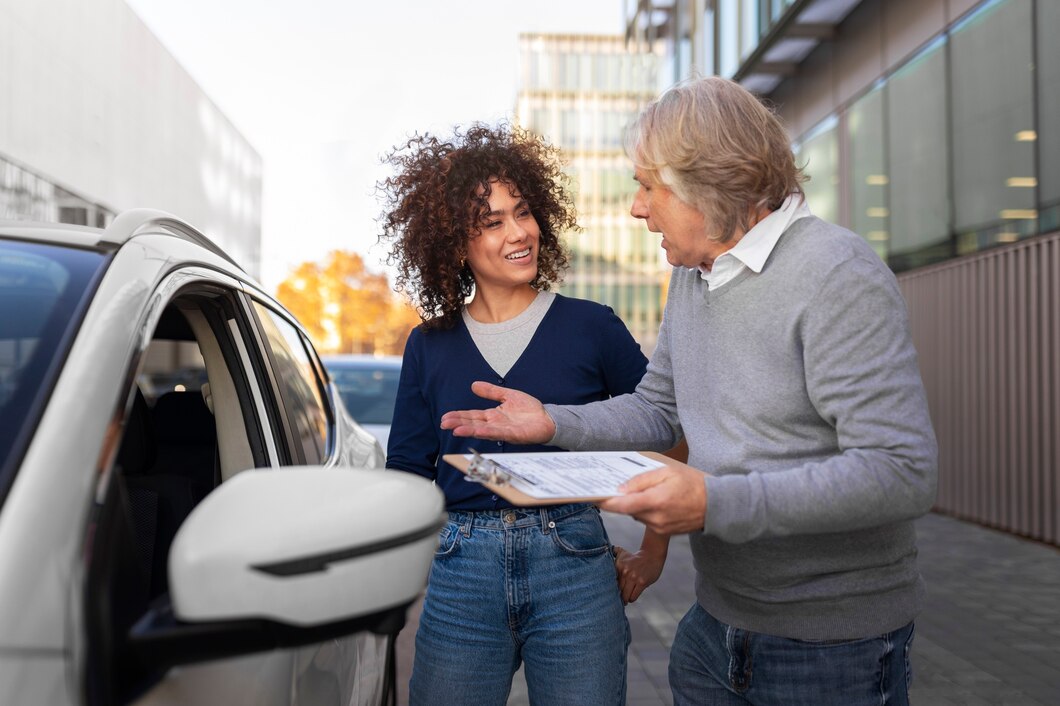Buying accident damaged cars can be a tempting prospect for savvy buyers looking for potential savings or restoration projects. However, it comes with both risks and rewards that should be carefully considered before making a purchase. Here’s a detailed exploration of what you need to know:
Risks:
- Extent of Damage: Accident damaged cars can vary greatly in terms of the severity of damage. While some may only have minor cosmetic issues, others could have significant structural damage affecting safety and drivability.
- Hidden Issues: Not all damage is immediately visible. Structural damage, compromised safety features, or electrical problems may not be apparent without a thorough inspection by a qualified mechanic.
- Repair Costs: Assessing the true cost of repairs can be challenging. Even seemingly minor damage can lead to expensive repairs, especially when it comes to structural integrity or safety components.
- Resale Value: Accident history can significantly impact the resale value of a vehicle. Many potential buyers may be wary of purchasing a car with a previous accident, which could limit your ability to sell the vehicle in the future.
- Insurance Challenges: Insuring accident damaged cars may be more complicated or expensive. Some insurers may have restrictions or higher premiums for vehicles with a history of accidents or damage.
Rewards:
- Cost Savings: One of the primary attractions of buying accident damaged cars is the potential for significant cost savings compared to purchasing a similar vehicle in undamaged condition.
- Customization and Restoration: For enthusiasts or hobbyists, accident damaged cars offer opportunities for customization or restoration projects. This can be a rewarding experience for those passionate about automotive work.
- Access to Higher-End Models: Buying accident damaged luxury or high-performance cars can provide access to vehicles that may otherwise be out of budget in undamaged condition.
- Environmental Considerations: Repairing and reusing accident damaged cars can be more environmentally friendly compared to manufacturing new vehicles, reducing overall carbon footprint.
- Learning Opportunity: Working on an accident damaged car can be a learning experience, allowing owners to gain knowledge about automotive repair and maintenance.
Considerations Before Buying:
- Inspection: Always conduct a thorough inspection of the vehicle by a qualified mechanic or automotive expert. Look for both visible and hidden damage.
- Repair Estimates: Obtain detailed repair estimates from reputable mechanics or body shops to understand the full extent of repair costs.
- Legal and Roadworthiness: Ensure the vehicle can be legally registered and driven. Some severely damaged cars may require special inspections or certifications.
- Insurance Coverage: Check with insurers about coverage options and premiums for accident damaged cars to avoid surprises later on.
- Resale Potential: Consider how the accident history might affect the future resale value of the vehicle and your ability to sell it.
Buying accident damaged cars can be a viable option for those willing to invest time, effort, and careful consideration into the purchase and repair process. While it offers potential cost savings and rewarding restoration opportunities, it also carries inherent risks related to safety, repair costs, and resale value. By approaching the decision with thorough research, professional inspections, and realistic expectations, buyers can mitigate risks and maximize the potential rewards associated with purchasing accident damaged cars. Always prioritize safety and compliance with legal and insurance requirements throughout the buying and ownership process.











